Amplify Your Presence with Targeted Facebook Ads
Elevate your brand with our Facebook Ads services, designed to connect you directly with your ideal audience. Utilizing Facebook’s powerful targeting capabilities, we create ads that resonate with your potential customers, driving engagement, leads, and sales. Let’s transform your Facebook advertising strategy into a robust engine for growth.
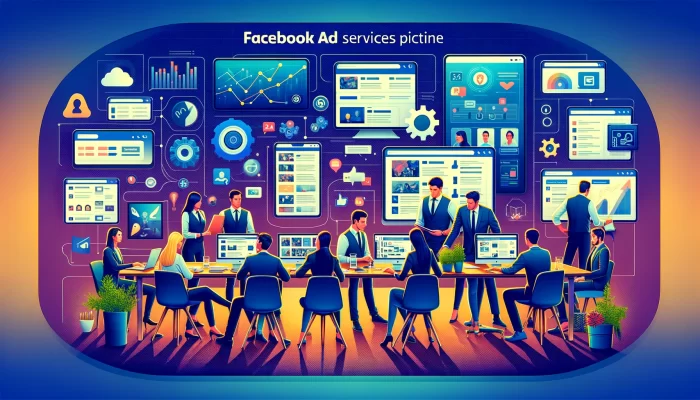
Facebook Advertising: Precision, Creativity, Results
Facebook offers unparalleled opportunities for brands to reach their desired audience through detailed targeting and creative ad formats. Our team specializes in crafting Facebook ad campaigns that capture attention and inspire action. From initial strategy to ongoing optimization, we ensure your ads not only reach the right people but also deliver on your marketing objectives.
Our Services
Tailored Facebook Ad Solutions for Maximum Impact
Audience Targeting and Segmentation – Leveraging Facebook’s detailed targeting options to reach specific demographics, interests, and behaviors.
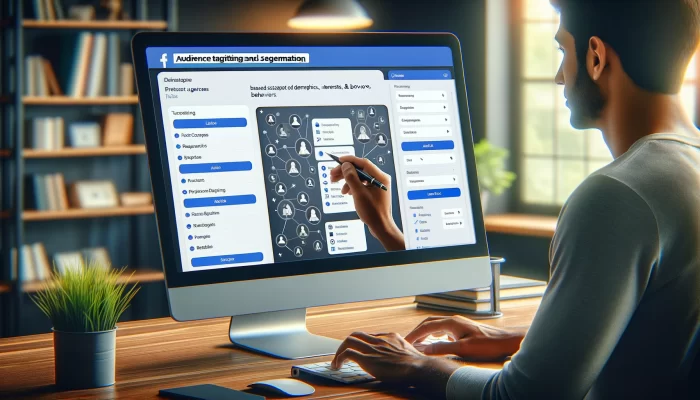
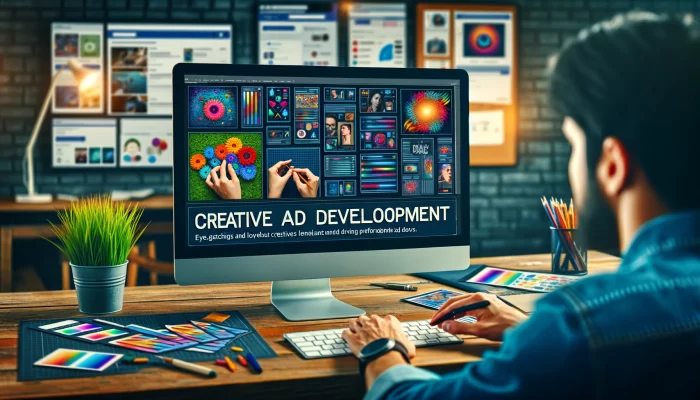
Creative Ad Development – Designing eye-catching ad creatives that stand out in the Facebook feed and stories.
Ad Copywriting – Crafting compelling ad copy that speaks directly to your audience’s needs and motivates them to take action.
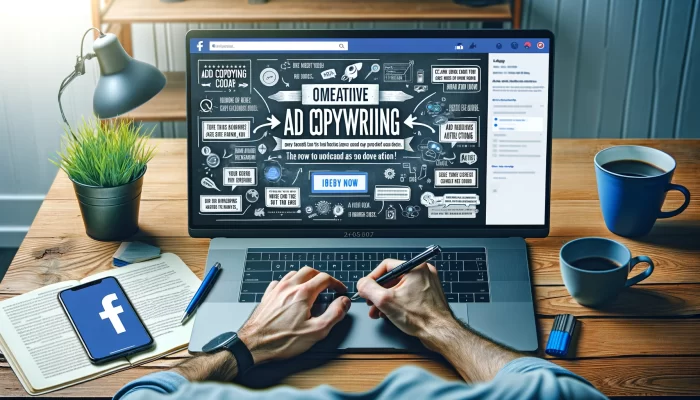
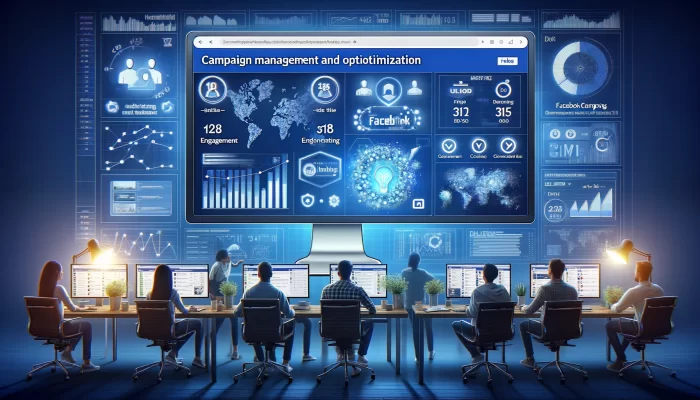
Campaign Management and Optimization – Managing your ad campaigns to ensure they perform at their best through continuous monitoring and optimization.
Retargeting Campaigns – Implementing retargeting strategies to re-engage users who have shown interest in your products or services.
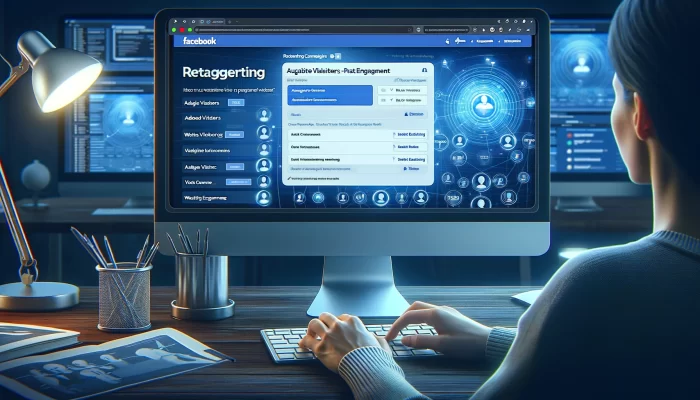
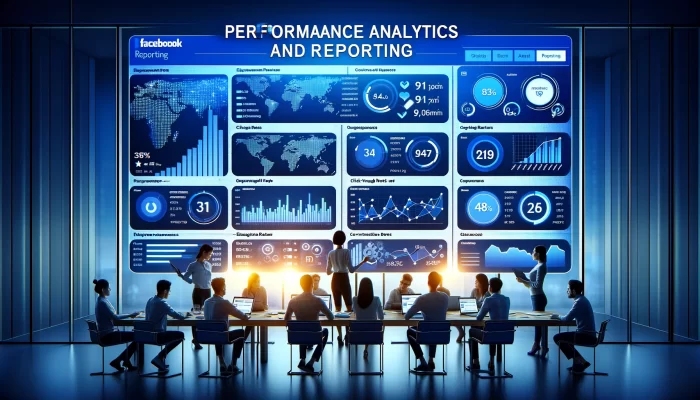
Performance Analytics and Reporting – Providing detailed analytics and insights to measure the success of your campaigns and inform future strategies.

